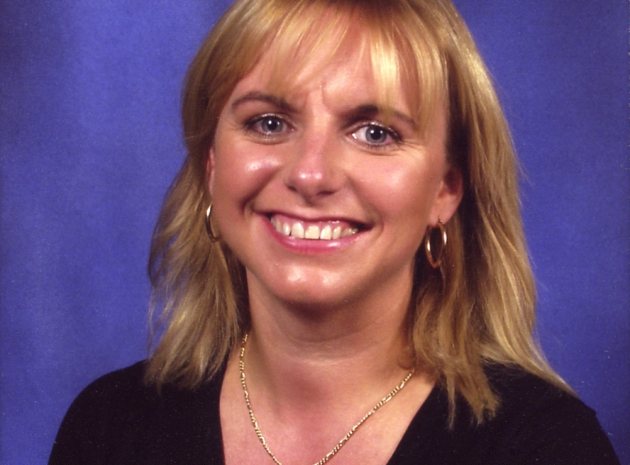Helen Rees-Bidder shares her considerable experience with two teachers who are thinking about adding ‘trainer’ to their job description...
Helen Rees-Bidder shares her considerable experience with two teachers who are thinking about adding ‘trainer’ to their job description...
I’m head of English at a good secondary school in London and have been getting consistently outstanding ratings in my lesson observations. I also run training events within school for other staff and have received positive feedback. I’d like to look at extending this role to working with other schools and earning an extra income through this. However, I am not sure whether I have the necessary skills and qualifications and would like to know the best route to becoming a trainer, and what it is that training companies are looking for in potential candidates?
A Many teachers do branch out into training both during their teaching careers and after retirement. It can be a very rewarding career move as it's a chance to pass on expertise and the fruits of years of experience in the classroom – and it makes sense for the profession as a whole to capitalise on these assets, adding them to the range of CPD options open to today’s educators.
The most important aspect of training is matching what is being offered to the needs of the delegates, so designing courses that offer training in very specific aspects of teaching is advisable. This may be about teaching styles and managing the classroom, or more subject-specific in terms of delivering a specification effectively. The key is matching your experience and skill set to the training courses you think you could offer effectively; it’s definitely worth spending some time identifying precisely what areas you think you will be able to cover.
Unless the training you want to offer is technical, it is unlikely that you will need extra qualifications, although attending a 'training the trainer' course (as I did with Cambridge International Examinations) is, in my opinion, invaluable. Specific training providers will be able to confirm how a potential trainer can apply to deliver courses for them.
Q As a teacher with 15 years’ experience, I’ve been looking into becoming a trainer for some time now, but my work / life balance is already stretched and I am worried that I might be taking too much on – particularly as I already take on work outside of school hours as an examiner. How much extra weight is a training role likely to add to my workload, and is it possible to tie it in with my existing role, without compromising my performance and commitment?
As an examiner, trainer and head of faculty myself I can most definitely empathise with your concerns regarding a healthy work/life balance. The first thing to determine, therefore, is that your school is supportive and can see the benefits of having an experienced trainer on its staff. You should then be able to negotiate how much time your school may be willing to give you to work with other schools and teachers on INSET courses.
Assessment is certainly a good route into training and so your examining experience is crucial. Most of the training I deliver is focused around the examinations for which I am both a senior assessor and teach to my own classes, so I view my teaching and training roles as inextricably linked.
How much you take on is usually determined by your availability, although you do need to be willing to commit to a reasonable number of training sessions per year to make the role viable. I usually deliver between three to four training events per term, although some of these take place during half terms and holidays.
As with so many aspects of our profession, organisation and planning are key factors to ensuring your training doesn’t encroach on your teaching or your personal life. The reward I get from training makes it worthwhile and most trainers I speak to say the same. I get a great sense of achievement from helping other teachers and learning new things that improve my own teaching as I go along.
ABOUT THE AUTHOR
HELEN REES-BIDDERIS
THE DIRECTOR OF PERFORMANCE ARTS AT BEDFORD MODERN SCHOOL, WHERE SHE TEACHES BOTH DRAMA AND ENGLISH. SHE IS ALSO A PRINCIPAL EXAMINER AND EXPERIENCED TRAINER FOR CAMBRIDGE INTERNATIONAL EXAMINATIONS AND OCR, DELIVERING BESPOKE TRAINING IN SCHOOLS AND EXTERNAL INSET COURSES. SHE IS INVOLVED IN ASSESSMENT AT EVERY LEVEL INCLUDING PAPERSETTING, TRAINING EXAMINERS, RUNNING STANDARDISATION MEETINGS, WRITING SUPPORT MATERIALS AND DELIVERING EFFECTIVE TRAINING TO TEACHERS










